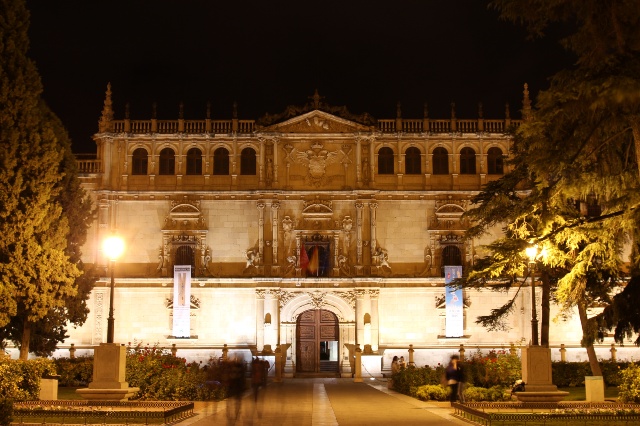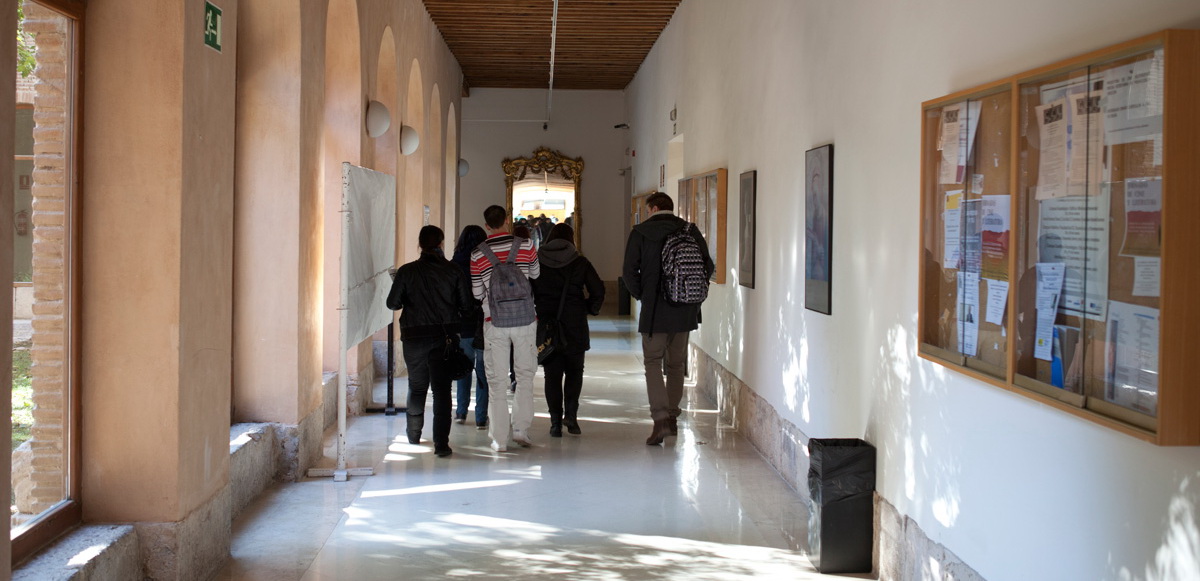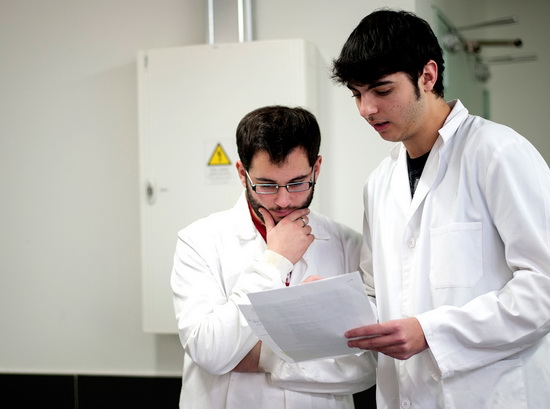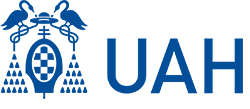
Objectives
The degree course in Economics aims to train professionals capable of analysing market behaviour, how economic agents evolve and the consequences of economic policies applied by government bodies. Students should also be able to provide possible responses to problems including inflation, welfare determinants, economic growth and sustainability, unemployment, currency imbalances and the role of the state as an administrator of social resources.
Competences
Their training will enable them to identify and anticipate market opportunities, assign resources, manage information, select and train workers and make decisions to achieve objectives in the institution where they work.
They should be able to perform the following: analysis and synthesis; planning and organising; search for information from various sources; work as part of a team. They should also acquire the theoretical and practical knowledge and the appropriate skills in the management of tools and methods for working professionally in their specialist field.
Structure and credits
|
TYPE OF SUBJECT |
ECTS |
|---|---|
| Basic training (B) | 60 |
| Obligatory (Ob) | 99 |
| Optional (Opt) | 69 |
| Final Project (Ob) | 12 |
| TOTAL CREDITS | 240 |
Student profile
Students of Economics should be interested in how the economy works, economic policies and the economic agents that have an impact on society. They should have a gift for mathematics and statistics; the ability for synthesis, analysis, understanding and abstraction, expressing creativity and a broad vision of the world.
Professional opportunities and officially regulated professions
Graduates from this course will have received wide-ranging training, and as such will be able to perform a wide range of professional tasks, either managerial or technical, in private companies, study and research centres, and at various levels in national and international government bodies. These include business start-ups; teaching and research; admission to the civil service; auditing; business consultancy; economic analysis (trade, stock market, finance, etc.); economic development programmes and situation analysis; business management; econometric studies.
First academic year taught
Curso 2021/2022 PRIMERO y SEGUNDO
Curso 2022/23 PRIMERO, SEGUNDO Y TERCERO
Curso 2023/24 PRIMERO, SEGUNDO, TERCERO Y CUARTO
Academic Staff
Information leaflet
More information
- Teaching centre: Faculty of Economics, Business and Tourism
- Official State Bulletin publication date: 23/03/2010
- Places available: 100
- Type of teaching: CLASSROOM
- Language of instruction: SPANISH
- First academic year taught: 2009-10
Study plan /of adaptation to the degree / Recognition of credits
External practicums
Final Project
International Programmes and Exchanges
Movilidad nacional
Registration
Antes de realizar la matrícula es imprescindible leer la información que figura en el apartado de planificación de la enseñanza y toda la información detallada siguiente:
Regístrate para obtener usuario y contraseña
Realizar la automatrícula por internet





